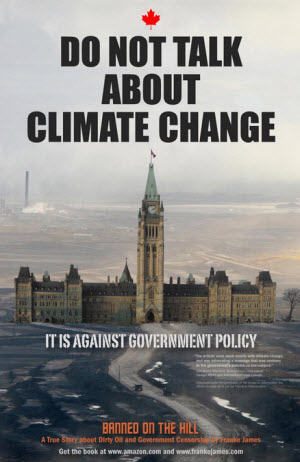Originally published at DeSmog Canada on October 7th, 2015.
Volkswagen has admitted to cheating on emissions tests of some of its diesel vehicles. The full story has not yet been made public, but Volkswagen seems not to be an isolated case. There are indications of widespread gaming of emissions testing in the European automobile industry, with regulators and governments turning a blind eye to cheats and being reluctant to introduce testing procedures that would measure actual emissions in real-world conditions.
There are some parallels with the estimation of emissions in the natural gas industry in British Columbia, where officially-sanctioned emissions rates are far lower than in other jurisdictions, compliance inspections are non-existent and methodologies do not include state-of-the art field measurements.
Volkswagen gamed the system
Anyone from North America driving a modern diesel car while on vacation in Europe must have wondered why these economical and high-performance vehicles were not more popular back home. Now we know. Volkswagen introduced a line of diesel vehicles to the U.S. and Canada, but the company only managed to meet nitrogen oxides (NOx) emissions tests by cheating, using so-called defeat devices — software that changed the vehicle’s settings when it sensed that a test was underway. Low NOx emissions are technically feasible, but they entail trade-offs with higher vehicle costs, reduced performance and increased fuel consumption.
As the scandal unfolds, we are starting to learn how Volkswagen — and probably other manufacturers as well — has been gaming vehicle-testing procedures in Europe, not just with NOx emissions, but also with carbon-particle and carbon dioxide emissions. Tests done in unrealistic laboratory-type settings do not reflect real-world performance on the road. Continue reading







